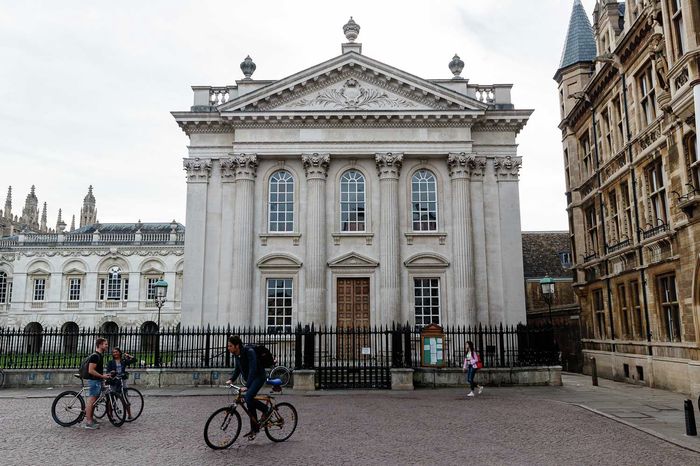Cambridge academics vote to keep controversial forced retirement policy
The University will raise the age of enforced retirement for academics from 67 to 69, following a vote among academics

Cambridge academics have voted to keep its mandatory retirement policy, and approved changes which will raise the age at which it takes effect from 67 to 69.
The policy, known as the Employer Justified Retirement Age (EJRA), previously enforced retirement for academic staff at 67. The change is due to come into effect on 1 September 2024.
3,498 votes were cast in total, with 64% voting to retain the EJRA. This is despite 120 academics writing an open letter to Cambridge’s vice-chancellor Deborah Prentice last November in an attempt to abolish the policy. They claimed the EJRA “contravenes” the 2010 Equality Act. Over 900 academics voted to abolish the retirement age altogether.
The University argues that the policy aims “to ensure intergenerational fairness and career progression” and “to promote innovation in research and knowledge creation”. However, in May, Varsity reported on academics’ renewed concerns about the University’s “ageist” retirement policy.
Multiple outspoken academics have denounced the EJRA for inducing a “brain drain” and disproportionately harming women’s careers. They also claimed that the policy inhibits academics over 60 when applying for research grants if the grant goes beyond their enforced retirement.
The new changes will also abolish the EJRA for administrative staff, with the exception of the vice-chancellor and pro-vice-chancellor roles. This has caused further concern for some academics, with Professor Didier Queloz, one of the key figures behind the open letter and a Nobel Prize winner, telling Varsity: “I don’t support an asymmetric treatment between staff and academics. It divides the community on HR ethical principles.”
Others claim an enforced retirement age is necessary for enabling junior academics’ career progression. A review by the University’s Retirement Policy and ERJA Review Group suggested there would be 27.7 fewer jobs available for junior academics per year between 2023 and 2032 should the EJRA be abolished.
The review also revealed that 47.2% of academics who left their jobs between 2013 and 2023 did so in the same academic year in which they turned 67.
The University of Oxford is the only other English institution with enforced retirement. Last March, they lost an employment tribunal against four former employees who were forced to retire at 68. The judgement ruled that Oxford’s EJRA was “not legally justified” and discriminatory, despite aiming to promote diversity.
A spokesperson for the University of Cambridge told Varsity: “A decision to retain the Employer Justified Retirement Age for academic officers, but increase the retirement age to 69, was made by the Regent House, the governing body of the university.”
“The turnout for the vote was high and followed extensive discussion, consultation and engagement across the university. We will now take the necessary steps to implement the decision,” the spokesperson said.
 News / Eight Cambridge researchers awarded €17m in ERC research grants27 December 2025
News / Eight Cambridge researchers awarded €17m in ERC research grants27 December 2025 News / Clare Hall spent over £500k opposing busway 24 December 2025
News / Clare Hall spent over £500k opposing busway 24 December 2025 Comment / League tables do more harm than good26 December 2025
Comment / League tables do more harm than good26 December 2025 News / Caius mourns its tree-mendous loss23 December 2025
News / Caius mourns its tree-mendous loss23 December 2025 Comment / The ‘class’ of Cambridge24 December 2025
Comment / The ‘class’ of Cambridge24 December 2025










